
Shelagh Fogarty 1pm - 4pm
28 December 2021, 00:04
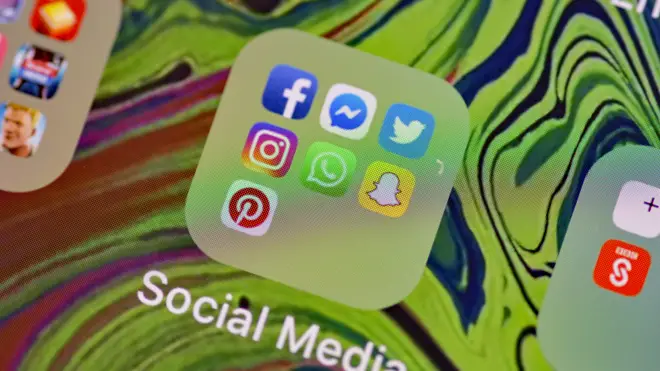
After a year of tweets, likes, shares, and emojis, the PA news agency looks back on what 2021 meant for the largest social media platforms.
Social media platforms have come under intense scrutiny throughout 2021, with focus paid to how misinformation spreads online and the impact of social media on young people’s mental health.
Here, the PA news agency rounds up some of the key developments from social media platforms throughout the past year and looks ahead at what to expect in 2022.
The world’s largest social media platform, with an estimated 2.91 billion monthly active users, stepped up its battle with online disinformation in 2021, but faced criticism in the wake of the Facebook Files.
After months of concern over anti-vaccine misinformation on Facebook, the platform announced in May that it would start to bury a user’s activity further down its news feed if their posts had been investigated by one of the firm’s fact-checkers.
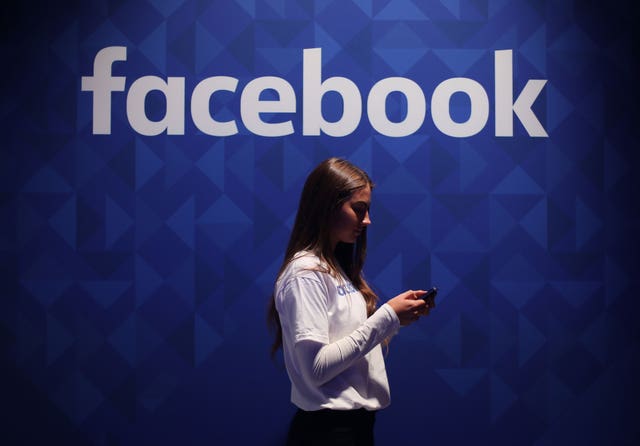
“Whether it’s false or misleading content about Covid-19 and vaccines, climate change, elections or other topics, we’re making sure fewer people see misinformation on our apps,” the company said.
They followed up in July, saying that had removed over 18 million examples of coronavirus misinformation since the start of the pandemic.
Much of this year’s scrutiny of Facebook stemmed from whistleblower Frances Haugen, who was behind a leak of internal research documents after she secretly copied them before leaving her job in the company’s civic integrity unit.
Speaking to MPs in late October, she argued the platform was “unquestionably… making hate worse”.
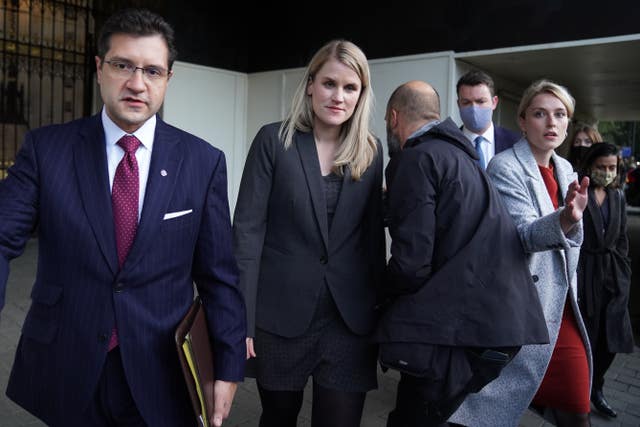
Facebook’s rebrand of its parent company to Meta was announced in October, with chief executive Mark Zuckerberg saying: “I hope that we are seen as a metaverse company and I want to anchor our work and our identity on what we’re building towards.”
The company announced several weeks earlier that it would hire 10,000 people across the European Union to “help build the Metaverse”.
Instagram too has faced scrutiny over its protection of young people and their mental health in the past year.
One internal study, shared by Ms Haugen, cited 13.5% of teenage girls saying Instagram makes thoughts of suicide worse and 17% saying it makes eating disorders worse.
“Facebook’s own reports say that it is not just that Instagram is dangerous for teenagers; it is actually more dangerous than other forms of social media”, Ms Haugen told MPs in October.
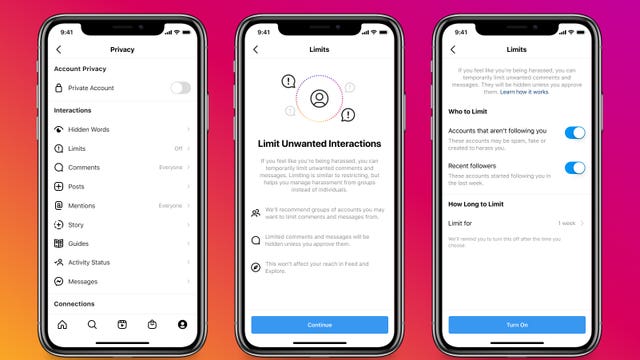
The platform responded in December, saying it would now suggest users take a break from the platform if they spend too long scrolling.
The move is part of a range of new tools being rolled out to boost safety on the app, which also includes parental controls, such as setting app time limits for teenagers, due for launch in 2022.
Twitter’s response to racial abuse was in the spotlight in the wake of July’s Euro 2020 competition.
Following defeat to Italy in the final, England players Marcus Rashford, Jadon Sancho and Bukayo Saka were racially abused online after missing penalties in the shootout at Wembley.

Twitter removed more than 1,900 racist tweets after the match, with the majority coming from accounts in the UK.
“We can do better. And we fully acknowledge our responsibility to ensure the service is safe – not just for the football community, but for all users,” Twitter said of the abuse.
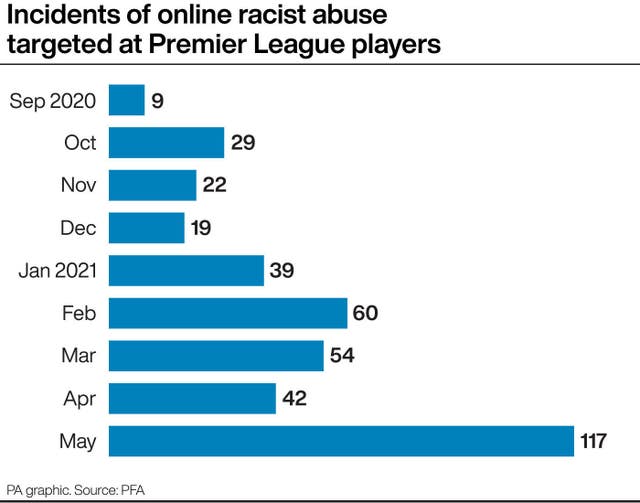
The platform’s co-founder Jack Dorsey announced his resignation as chief executive in late November, and has been replaced by chief technology officer Parag Agrawal.
– TikTok
TikTok saw explosive growth in 2021, revealing in September that over one billion people use the app each month.
Web infrastructure company Cloudflare said TikTok.com was the most popular website online as of late 2021, rising from seventh in late 2020 and knocking Google.com off the top spot.

But MPs remain anxious about the relationship between TikTok, its parent company ByteDance, and the Chinese government.
A March report from the Business, Energy and Industrial Strategy Committee, said: “We remain deeply concerned about the flow of information between TikTok UK, its parent company ByteDance Ltd and other subsidiary companies…which are subject to China’s National Intelligence Law.”